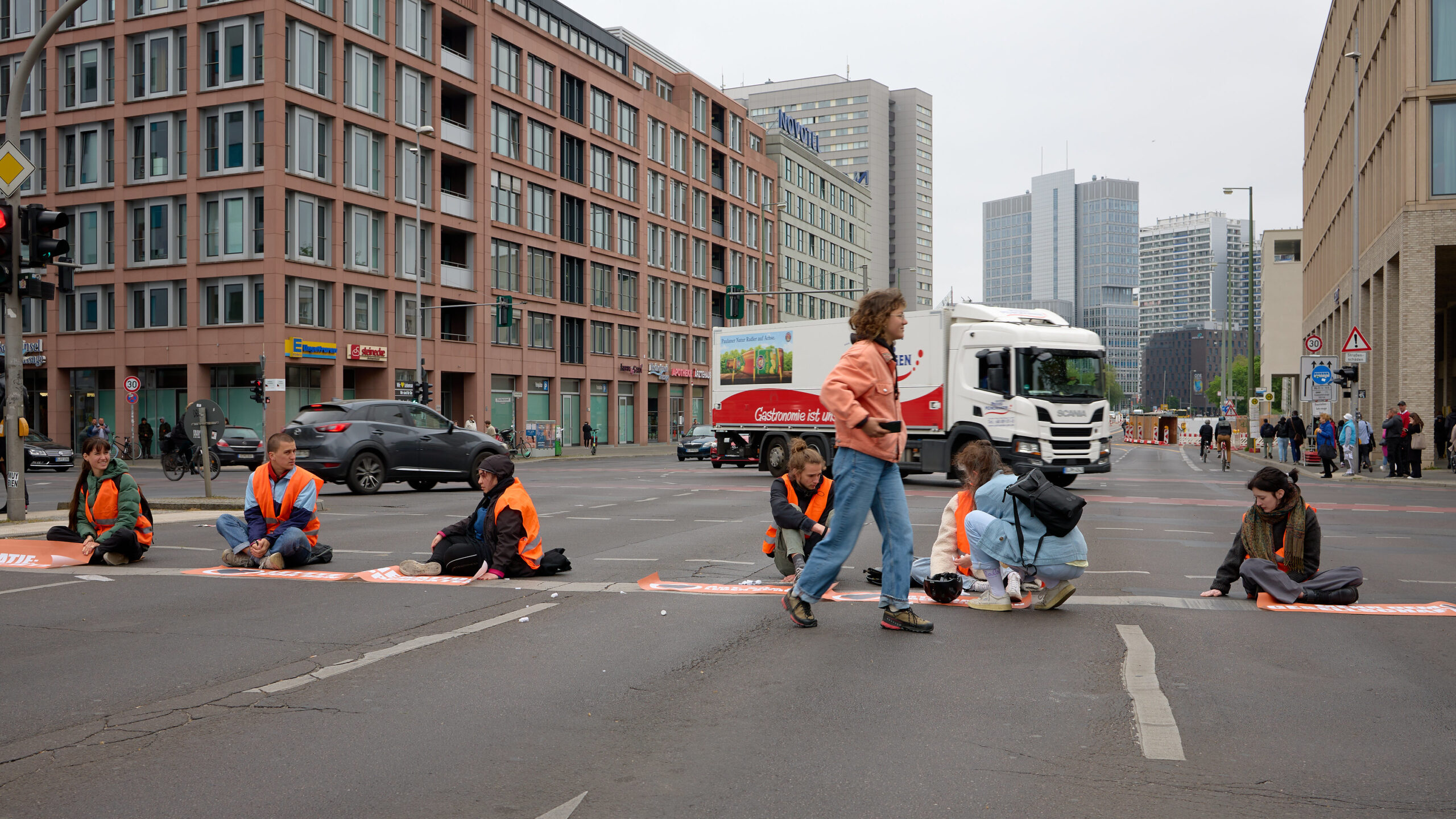How Bavaria’s Primeminister Söder wants to deport refugees more efficiently

Since the introduction of the so called 'Integrationsgesetz' (integration law) and the 'Gefährdergesetz' (endangerment law), racist laws aiming to criminalize refugees in Bavaria, state repression has risen noticeably. This is going along with the revision of the law on police duty (Polizeiaufgabengesetz, PAG) and the reorganization of public authorities. What do refugees have to expect?
Most of what the government had announced in the renewed PAG is already part of refugees everyday life. The police state, that people in Bavaria fear, is real for refugees: in mid March, an initial registration camp for refugees obligated to leave the country in Donauwörth, was besieged by police forces after refugees prevented the deportation of a Gambian. Hence, what will change for refugees?
How deportations were conducted so far
According to Bavaria’s Minister of the Interior, Joachim Herrmann, the behavior of the refugees in Donauwörth was outrageous, since the deportation was made impossible and damage of property was assessed. This is how the long-term deportation-process of the Gambian has ended since the whole process to deport the refugee had to be restarted. A new flight needs to be booked, coordination of police to enforce the deportation as well as other bureaucratic and legal regulations are necessary for deportations of refugees. Sometimes refugees are disappearing after they get notified six to eight weeks ahead of their imminent deportation. Arresting refugees would be a custodial measure – refugees have to be picked up and taken to the scheduled flight. To a certain extend, this combination of various regulations is making it difficult for Bavarian authorities to deport refugees. The new primeminister Markus Söder said he is aiming to change that.
Professionalizing deportations
Söder emphasized in his first government declaration that he wants to deport refugees not only faster but also more consequently. Therefore, a new authority for deportations, the so called ‚Landesamt für Asyl‘ (Bavarian State Office for asylum), will be formed in Manching near Ingolstadt. Different responsibilities are supposed to be combined in this single institution with about a thousand employees. Booking and organization of deportation flights as well as transportation of refugees and police escorts are supposed to be taken over by the new Bavarian State Office for asylum from a special police unit that was responsible so far. Furthermore, coordination of collective deportations is considered to be part of the new State Office – until now the government of Upper Bavaria was in charge. The new Bavarian State Office for asylum is representing the will of Söder and his ruling party, the CSU, to rigorously enforce deportations through administrative simplification. In order to prevent resistance against deportations, Söder announced to build a new deportation prison in Hof in Franconia with the capacity to accommodate 150 refugees. The prison is planned to be built until 2019 and to be integrated into the prison that already exists in Hof.
Minister of the Interior Hermann is supposed to put Söder’s plan into practice
Thus far, the ministry for social affairs used to be concerned with issues of asylum and integration. Söder has now made the decision to make them part of the competences of the Ministry of the Interior under Joachim Hermann. With a strong hand, Hermann is supposed to take care of the accomodation of refugees, the so called ‚Asylbewerberleistungsgesetz‘, the law regulating the benefits granted to asylum seekers, as well as issues of migration counseling. Söder had announced before that he intends to make the switch from monetary to non-monetary benefits in refugee shelters. Refugees are already stigmatized trough the ‚Integrationsgesetz‘ (integration law) and the ‚Gefährdergesetz‘, the law concerning persons who are considered to be threatening public safety. Now refugees are supposed to be made into an issue of security. The predominant institutional racism refugees experience every day is turned into a regulatory task. The decisions about asylum applications was up until now the domain not of the Bavarian State Office for asylum but of its federal counterpart, the Federal Office for Migration and Refugees (BAMF). Herrmann has already announced talks with his party colleague and Federal Minister of the Interior Horst Seehofer regarding a Bavarian border police. Whether those talks will also deal with the question of the power of ultimate decision over asylum applications and whether there will be a transfer of competencies from the federal to the state level is undecided as of yet.
Bavarian chauvinism
Bavaria’s new government wants to distinguish itself as a trendsetter in questions of security policy with its well known toughness. Federal matters are supposed to be dealt with on a state level – the respective bills like the revision of the Bavarian police laws (PAG) are setting the scene for that. The new PAG is also supposed to serve as an inspiration to other states which would lead to worsening conditions to refugees throughout the country. This criminalization and dehumanization has to be prevented.







